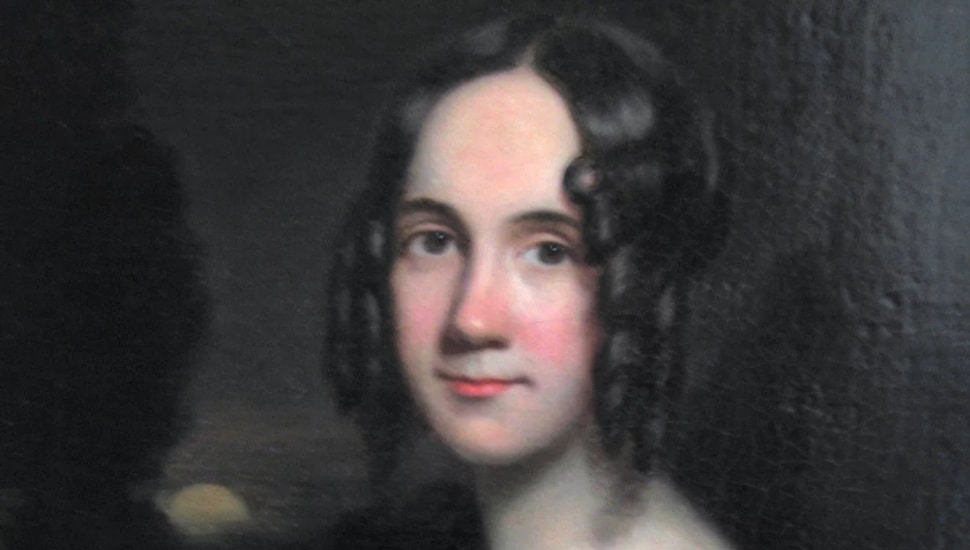The Philadelphia Editor Who Made Thanksgiving a National Tradition


Did you know one woman’s determination turned Thanksgiving into a beloved national holiday? Sarah Josepha Hale, a trailblazing editor in 19th-century Philadelphia, convinced Abraham Lincoln to unite the nation with an annual day of gratitude.
Here is the story of how Hale’s visionary campaign shaped the Thanksgiving tradition we cherish today as shared by Rund Abdelfatah and Sarah Wyman on NPR’s Throughline podcast.
Sarah Josepha Hale’s persistence helped shape Thanksgiving into the cherished American holiday we know today. Born in New Hampshire in 1788, Hale defied the conventions of her time by pursuing a career as a writer and editor.
After a stint with the Ladies’ Magazine, she joined Godey’s Lady’s Book in Philadelphia, then a hub of American publishing and innovation. Her work in Philadelphia was pivotal, providing her a national platform to champion causes close to her heart.
Hale, often called the “Mother of Thanksgiving,” was an editor with an extraordinary ability to connect with her readers. In the mid-19th century, she recognized the potential of Thanksgiving to unify a country increasingly at odds. She envisioned the holiday as a way to bring together Americans across geographic and ideological divides, fostering gratitude and community.
Thanksgiving was not universally celebrated at the time and was observed on varying dates, mainly in New England. Hale believed a fixed, national celebration could bind the nation together.
Using Godey’s Lady’s Book, which had a readership of nearly a million, she wrote passionate editorials extolling Thanksgiving’s moral and cultural benefits. She also published festive recipes and decor suggestions to inspire families to adopt the holiday as their own.
Hale’s campaign to make Thanksgiving a national holiday spanned decades. She wrote countless letters to state governors and U.S. presidents, urging them to proclaim a unified day of thanks.
By 1863, Hale’s advocacy aligned with a critical moment in U.S. history. The Civil War had ravaged the nation, leaving deep wounds and divisions. That summer, the Union Army had won a significant victory at Gettysburg, Pennsylvania—a turning point in the war that brought hope to the embattled North.
In September 1863, Hale penned a letter to President Abraham Lincoln. She urged him to establish Thanksgiving as a national holiday, arguing it would unite Americans and provide solace amid the war’s hardships.
Deeply aware of the nation’s fractured state, Lincoln embraced Hale’s vision.
Within a week of receiving Hale’s letter, he issued a proclamation declaring the last Thursday in November a national day of thanksgiving. In his proclamation, he invited Americans to reflect on their blessings and to pray for healing and unity.
Philadelphia, where Hale worked and inspired many with her writing, played a subtle but important role in this story.
As the seat of the nation’s founding documents, it was a symbolic epicenter of American ideals, making it a fitting backdrop for Hale’s crusade. Hale’s efforts, amplified by the city’s publishing power, reached audiences far and wide, fostering a sense of shared identity at a time of profound disunity.
The 1863 Thanksgiving celebration was a balm for the weary North. Soldiers recovering in hospitals were treated to festive meals, and families gathered to reflect on their resilience and shared purpose. The holiday helped bolster morale and solidify a tradition that would endure beyond the war.
Sarah Josepha Hale’s tireless advocacy left an indelible mark on American culture. By making Thanksgiving a national holiday, she offered the country a means to celebrate gratitude and community amid its struggles.
Her work in Philadelphia, her unyielding determination, and her belief in the power of shared traditions transformed a regional observance into a cornerstone of American life.
Just a few days after Thanksgiving, it’s the perfect time to honor Sarah Josepha Hale and her Philadelphia roots, reminding us how one woman’s vision turned a local celebration into a cherished national tradition.
Learn more about Sarah Josepha Hale’s remarkable life at Throughline on NPR.
________
Editor’s Note: This post was originally published on PHILADELPHIA Today in December 2024.
Connect With Your Community
Subscribe for stories that matter!
"*" indicates required fields





























